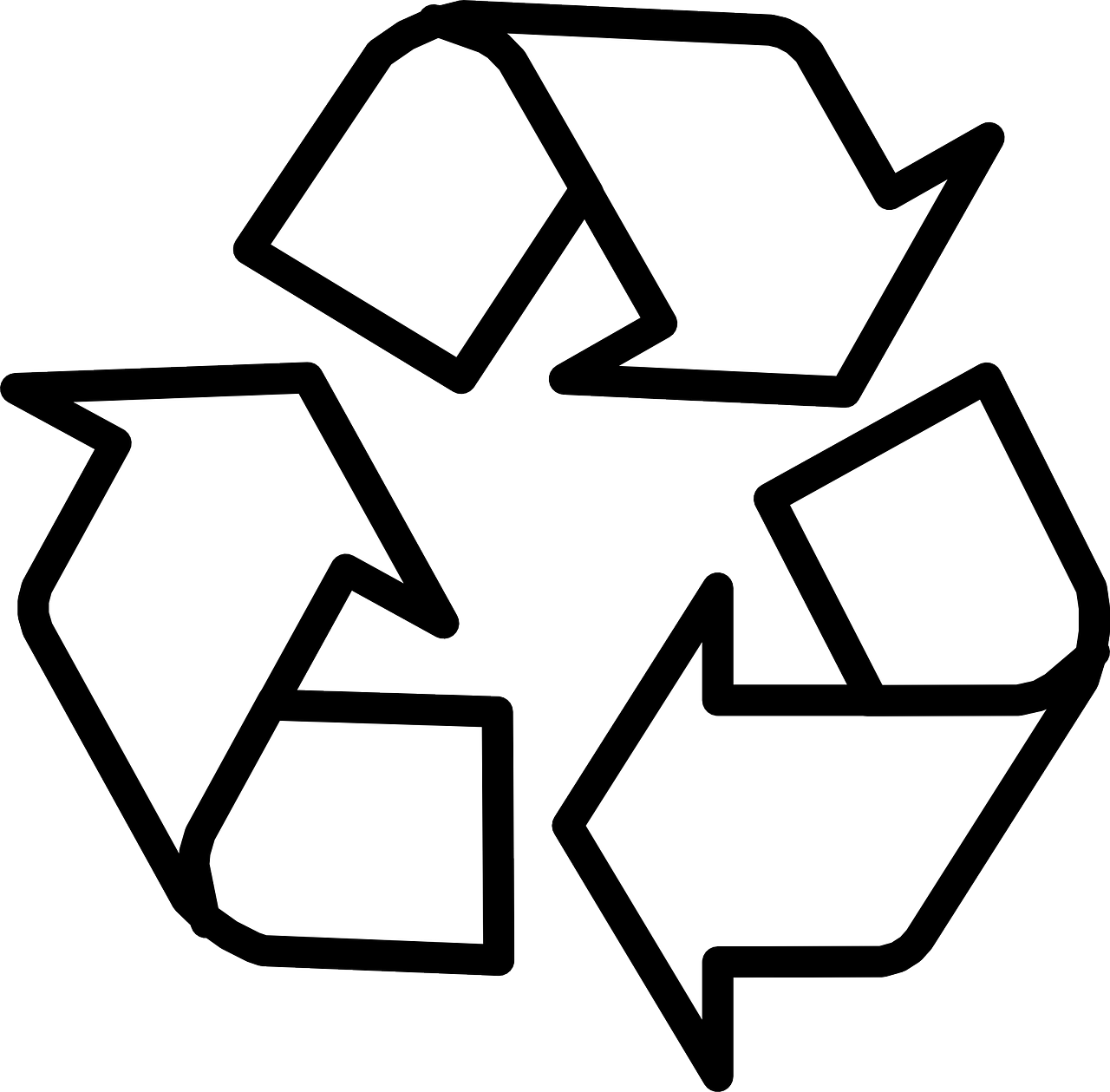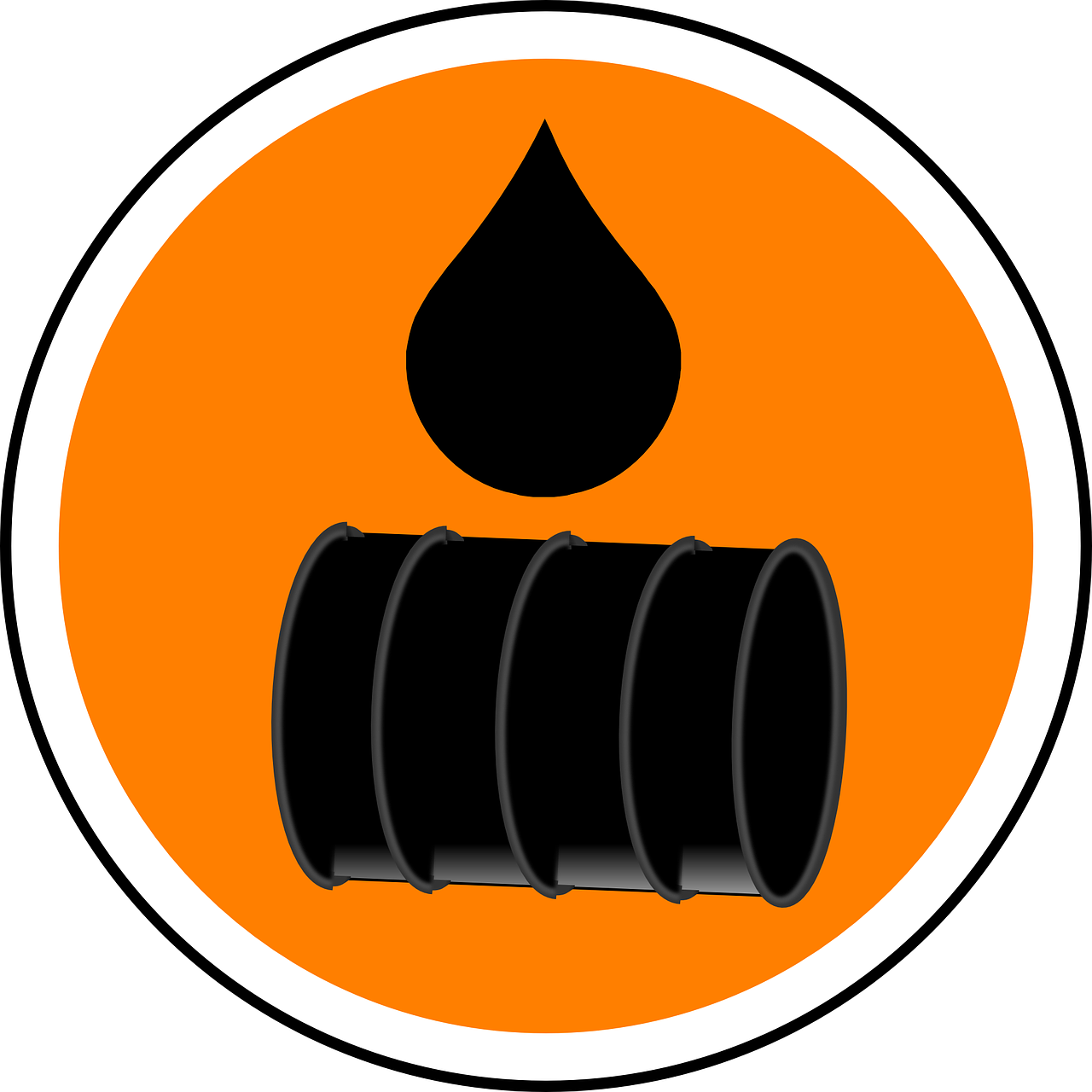Waste, notably used food oils, requires a delicate treatment, including the recycling system. However, the recycling system for these oils is just starting to be set up. On the other hand, it is also necessary to create a habit among consumers. Indeed, households are not yet used to sending their used oil for recycling. Since 2012, articles have been published in the environmental code to regulate the recycling cycle of used oil. The goal is to achieve better material recovery and limit greenhouse gas emissions, promoting its return to the soil. Let’s have a closer look below.
Used oil is a problematic waste to eliminate
Used oils are not easy to dispose of, unlike other waste and household refuse. Throwing the bottom of the pan into the sink before washing the dishes is not recommended, but throwing the oil into the garbage is not practical either. The same is valid for frying oil, which is no longer useful. Yet waste oil – both garbage oil and cooking oil – is the number one cause of water pollution in cities. Oil can easily clog drains, but it can also easily pollute runoff.
Oil recycling: for the protection of the environment
Used oil (waste oil and cooking oil) is the primary cause of water pollution in the city. One liter of oil covers a surface of 1000 m² of water, thus limiting the oxygenation of fauna and flora. Recycling is vital to protecting the environment and is a public health issue.
Once the edible oil is disposed of in the sink, it reaches the sewer system and causes:
- a clogging, bad smells in the pipes,
- asphyxiation of the bacteria in charge of purifying the water (which prevents its oxygenation),
- the increase of the maintenance cost (important) of the sewerage systems and the treatment plants,
- a proliferation of micro-organisms that are harmful to health.
Properly recycle your oil: container, household waste

Small quantities of used oil, such as the bottom of a can of tuna, can be disposed of in the general household waste garbage can.
On the other hand, for a large quantity, such as oil from a deep fryer, you must pour it into an empty bottle:
- to be deposited at the waste disposal center,
- or to a specific collection point organized by the local authorities.
Be careful! Please do not dispose of your cooking oil in a sink, a toilet seat, or a gutter because the oil clogs the pipes when it comes into contact with water.
Note: since 1992, restaurant owners are not allowed to throw away their used oil in nature.
Oil recycling: biofuel, regeneration, combustion
The recycling of used oil allows the creation of fuel, new oil, or energy. These renewable energies have a low impact on the greenhouse effect. Recycling oil into biofuel is used in agricultural vehicles only as diesel engines can run on vegetable oils.
It is necessary to store, collect, and clean it through a chemical transformation to recover edible oil for running a vehicle.
New oil: 45% of used oil is regenerated
You can ideally utilize used oil again. Once treated and purified, it becomes new oil. 45% of the collected oil is regenerated.
Non-recyclable oils: recovered by combustion
Non-recyclable oils are burned to produce energy. They are sent to approved waste incineration centers, and the final waste resulting from this combustion is buried.
Today, to avoid that pollution does not worsen, collections and recycling are the most advised solutions. The collection means are beginning to be popularized, and the collectors are numerous. Hopefully, this way of recovering this waste for future use will bring about a sustainable way of using cooking oil.
